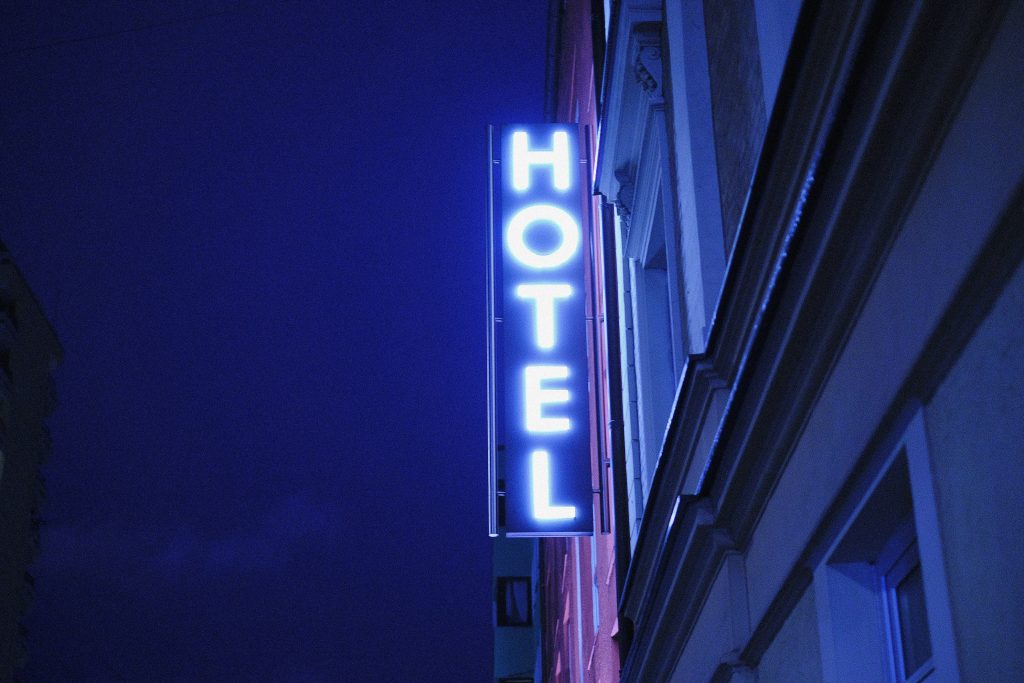Travel wisdom: How to avoid holiday accommodation disasters
Key Points:
- Hotel expert shares five types of accommodation travellers should avoid when booking their next holiday
- Javier Sobrino warns against airport hotels, all-inclusive resorts with poor reviews, motels on highways, and reveals other red flags to watch for
- With global travel spending set to rise 9% in 2025, the expert offers insider tips to spot warning signs before booking
As summer approaches and global tourism booms, many travellers are eagerly planning their next getaway. With travel spending forecast to rise by 9% in 2025 according to recent industry data, millions will be researching where to stay during their upcoming adventures. But not all accommodations deliver on their promises, and booking the wrong type of hotel can quickly turn a dream holiday into a nightmare.
“After staying in hundreds of hotels across Spain and beyond, I’ve learned which types of accommodations just aren’t worth the money,” says Javier Sobrino, Founder of Descubriendo Viajes, a Spanish travel platform specialising in curated accommodations. Having spent over a decade exploring Spain’s most distinctive lodgings, from luxurious resorts to quirky treehouses, Sobrino has developed a keen eye for spotting problematic properties before booking.
Below, the hotel expert reveals five types of accommodations you should think twice about before reserving for your next trip.
1. Airport Hotels (Unless You Have an Early Flight)
While conveniently located, airport hotels often charge premium prices for minimal amenities and soulless surroundings.
“These hotels know you’re choosing them solely for location, so they rarely invest in creating memorable experiences,” says Sobrino. “You’ll typically pay 30-40% more than a similar quality hotel just 15 minutes away.”
The expert advises that unless you have a flight departing before 8 a.m., you’re better off staying somewhere with more character and taking a slightly longer transfer to the airport. “Why spend your last night in a place with no local flavour when you could enjoy one final authentic meal and experience?”
2. All-Inclusive Resorts With Poor Reviews
Not all all-inclusive resorts are created equal, and the lower-tier options can be particularly disappointing.
“Budget all-inclusives often serve mediocre food in buffets where items sit out for hours,” Sobrino warns. “The alcohol is typically watered down, and activities are frequently cancelled due to ‘weather conditions’ regardless of the actual forecast.”
When researching these properties, pay special attention to food reviews. “If multiple guests mention stomach issues or bland food, believe them. And be wary of resorts with less than 25% of excellent reviews on major booking platforms.”
3. Remote Roadside Hotels Far From Town Centres
These budget options may seem attractive when comparing prices online, but the reality rarely matches expectations.
“Hotels located on isolated highways typically suffer from three major problems: constant traffic noise, inconvenient distance from attractions, and often outdated facilities,” explains Sobrino.
“I once booked a roadside hotel near Valencia that looked decent in photos, only to discover it was situated very close to a truck stop. The constant engine noise made sleep impossible, and there was nowhere within walking distance to eat or experience the local culture.”
4. Hotels Undergoing Renovations
Many hotels fail to adequately warn guests about ongoing construction or renovations.
“This is one of the hotel industry’s most frustrating practices,” Sobrino shares. “They’ll offer slight discounts while claiming renovations are ‘minimal,’ but arrive to find half the amenities closed and construction noise starting at 7 a.m.”
Before booking, the expert recommends calling the hotel directly to ask about any current or upcoming renovation projects.
“If they hesitate or give vague answers, that’s your red flag. Legitimate hotels with minor work will be upfront about exactly which areas are affected and during what hours,” he shares.
5. Hotels With Suspiciously Low Prices in Prime Locations
When a hotel’s rate seems too good to be true compared to neighbouring properties, there’s usually a hidden reason.
“I call these ‘bait-and-switch hotels’ because what you expect rarely matches reality,” Sobrino explains. “They either have hidden fees that double the final price, terrible service, or rooms that haven’t been updated since the 1980s.”
The expert suggests investigating why a hotel might be significantly cheaper than others in the same area. “Look for recent reviews mentioning unexpected charges, and check if the hotel has changed names recently; that’s often a sign they’re trying to escape bad reviews.”
Javier Sobrino, Founder of Descubriendo Viajes, commented:
“When booking accommodation, paying attention to subtle warning signs can save your holiday.
“First, be suspicious of hotels with mostly filtered professional photos but few guest images. Genuine properties encourage guests to share real experiences. Second, check review dates – a cluster of glowing reviews in a short timeframe often indicates paid feedback. Third, research the neighbourhood thoroughly, as many disappointing stays stem from misleading location descriptions. And finally, message the property with specific questions before booking. Slow, vague responses typically reflect the service level you’ll receive during your stay.
“The best accommodations are transparent about their offerings and enthusiastic about addressing your needs, whether you’re seeking luxury or simplicity. Remember, a truly great stay isn’t always about luxury. Rather, it’s about honest value delivered with genuine hospitality.”


